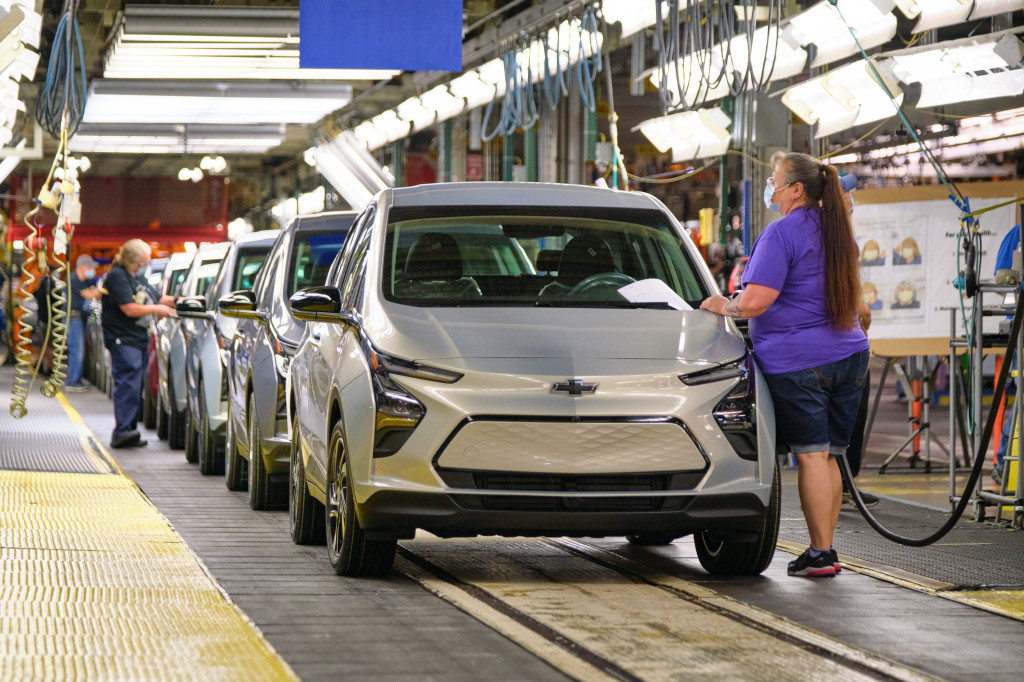The Internal Revenue Service (IRS) on Monday released an introduction for the full eligibility rules for the revamped federal EV tax credit, and it looks like automakers—as well as sellers—will have to submit a lot of reports.
The Inflation Reduction Act (IRA) re-upped the $7,500 credit, but added new requirements for American assembly and American battery content to qualify for the full amount. It was immediately apparent that EVs not assembled in the U.S. wouldn't qualify for the revamped credit, but automakers have been waiting for a full list of requirements to be drafted.
A document released by the IRS details the reporting requirements for automakers and suppliers, marking a first step toward clarifying the rules and which EVs will qualify for the tax credit going forward. The IRS noted back in October that the new rules were getting fast-tracked—and here it's clear it's setting the mechanism to start with the new 2023 tax year. A bill has been seeking to delay the tax credit's sourcing rules, but it appears to be stalled, eliminating one potential roadblock to implementation.

Mercedes-Benz Alabama battery factory
According to the documents, automakers will need to enter into a written agreement with the IRS for monthly reporting on the battery capacity, gross vehicle weight rating (GVWR), and perhaps more, for each potentially qualifying vehicle produced, as well as submit vehicle identification numbers (VINs) for those vehicles.
The new tax credit rules also require that certain "critical minerals" be mined or processed in the U.S., or in a country with which the U.S. has a free trade agreement. Automakers will have to prove this to the IRS as well, along with North America manufacturing or assembly for a certain percentage of the value of battery and motor components.
In addition to manufacturer reporting requirements, the IRS also plans to make sellers responsible for providing paperwork on VIN, battery capacity, amount paid, and more, for any buyer claiming the credit of up to $4,000 on used EVs—which was added by the IRA.

2022 Chevrolet Bolt EUV and EV production starts
Despite the many reporting requirements, the reaction from industry stakeholders wasn't overtly negative.
"We welcome today’s guidance from Treasury, as it provides the EV industry with further insight into the clean vehicle credit rule-making process and shows the administration’s commitment to involving the private sector," said Joe Britton, executive director of the Zero Emission Transportation Association (ZETA), a policy and advocacy trade group representing the industry around EVs, in a statement.
One takeaway is that battery capacity is going to need to made more apparent by EV makers in the U.S. market—no longer hidden, as Tesla has done since the introduction of the Model 3, instead using confusing terms like Mid Range.
For now, you can still buy an EV with a minimum of fuss this year and claim the tax credit—but only if it's American-made.












